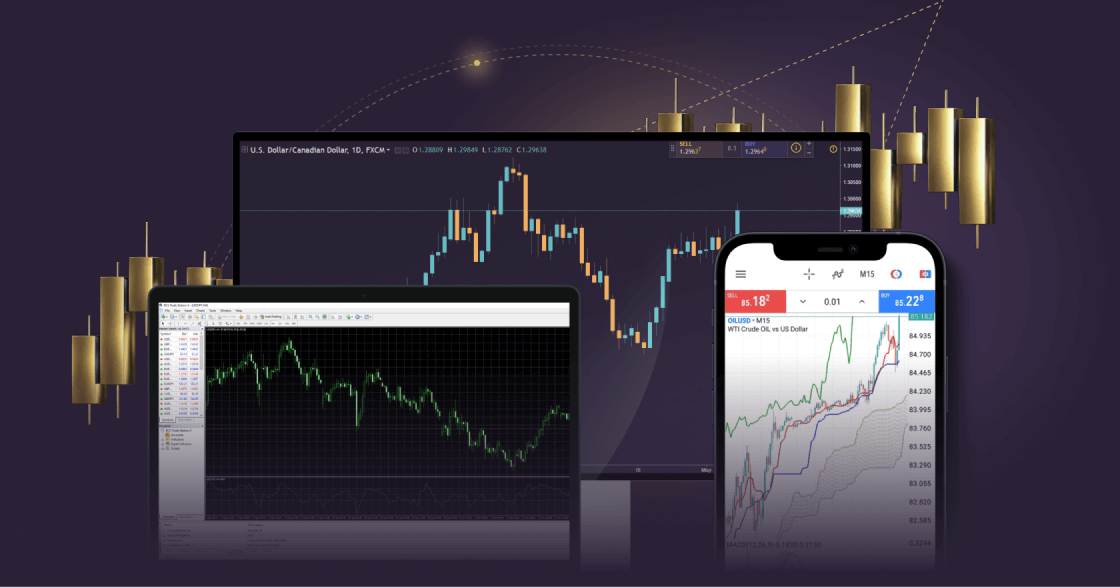
Forex trading and stock market trading are often compared as profitable opportunities in the financial world. While both involve buying and selling assets for profit, their characteristics and operational mechanics differ significantly. Understanding these distinctions is crucial for anyone looking to enter the Forex Trading sphere.
Market Accessibility and Operating Hours
One of the key differences between forex trading and stock market trading lies in their accessibility and operating hours. The forex market operates 24 hours a day, five days a week, due to its global nature. This continuous operation allows traders to work across different time zones and capitalize on market fluctuations at any time.
By contrast, stock markets (like the NYSE or NASDAQ) have set trading hours, typically from 9:30 AM to 4 PM (Eastern Time) in the U.S. This limitation can make it challenging for traders in varying time zones or those who prefer flexible trading schedules.
Traded Assets
Forex trading focuses on currency pairs, such as EUR/USD or GBP/JPY. These trades revolve around predicting fluctuations in currency exchange rates. The forex market is the largest financial market globally, with daily volumes exceeding $6 trillion.
Stock market trading, on the other hand, involves buying and selling company shares. Stocks represent ownership in a company, and their prices are influenced by factors like earnings reports, economic conditions, and market sentiment. Diversification is key in stock trading, as traders can invest across various industries.
Leverage and Risk
Forex trading typically offers significantly higher leverage than stock trading. Many forex brokers provide leverage ratios as high as 100:1 or even 500:1, allowing traders to control large positions with relatively small investments. However, this high leverage also amplifies risk, making forex trading a double-edged sword.
Stock trading generally involves lower leverage, ranging from 2:1 to 4:1 in most cases. Although this limits the potential for outsized profits, it also reduces the risk of significant losses, making it a more conservative option for beginners.
Market Volatility
Forex markets are known for high volatility due to economic events, geopolitical developments, and central bank interventions. This volatility can offer substantial profit opportunities but also higher risk.
The stock market is comparatively less volatile, though individual stocks can experience sharp price swings following earnings reports or major news. Overall, stock trading often appeals to investors seeking steadier, long-term growth.
Which One is Right for You?
Choosing between forex and stock market trading depends on your goals, risk tolerance, and trading style. If you prefer high leverage, round-the-clock access, and quick-paced trading, forex might be the better choice. For those seeking diversification, ownership in companies, and comparatively lower risk, the stock market is a viable path.